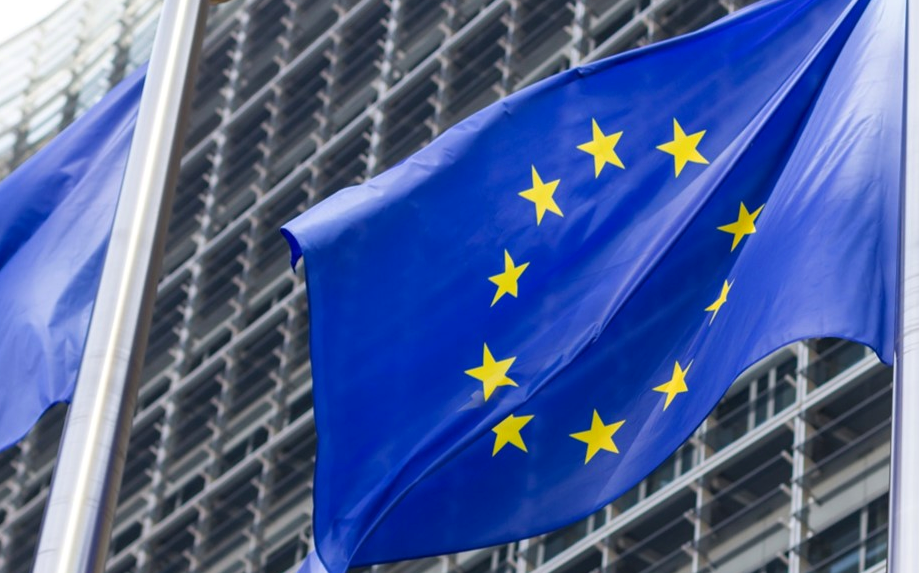Europe’s new protein strategy needs fortifying
Commission proposal should have highlighted crop-based biofuel production’s role in reducing Europe’s need to import soybean meal and other animal feed
BRUSSELS, 22 November 2018 – The European Commission’s new proposals for reducing the EU’s so-called ‘protein deficit’ have missed a golden opportunity to highlight an important domestic producer of protein that is currently being underserved by EU policy: crop-based ethanol production.
Every tonne of grain used by Europe’s ethanol industry produces as much high-protein animal feed as it does clean-burning, climate-friendly biofuel. European ethanol production reduces the need for imports of soybean and other feeds from regions of the world with less sustainable agricultural practices. In 2017, ePURE members produced 4.32 million tonnes of high-protein animal feed along with 4.64 million tonnes of ethanol.
The EU’s just-adopted renewables policy for 2020-2030 leaves the door open for continued and even increased production of sustainable crop-based biofuels in order to meet decarbonisation targets. Other, still-to be-defined-as-non-sustainable crops will be phased out until 2030 – potentially leaving more room for production of EU biofuels that contribute to the domestic protein supply, such as ethanol.
“Not including domestic biofuels production in the long-term protein strategy is a missed opportunity,” said Emmanuel Desplechin, ePURE Secretary General. “Here’s an issue where the EU is working against its own interests: urging an increase in domestic protein production but pushing an energy policy that discourages European farmers from contributing to it.”
Desplechin added: “Instead we should have a more sensible, win-win policy that promotes domestic production of animal feed and low-carbon fuel – and helps struggling farmers and rural economies.”
